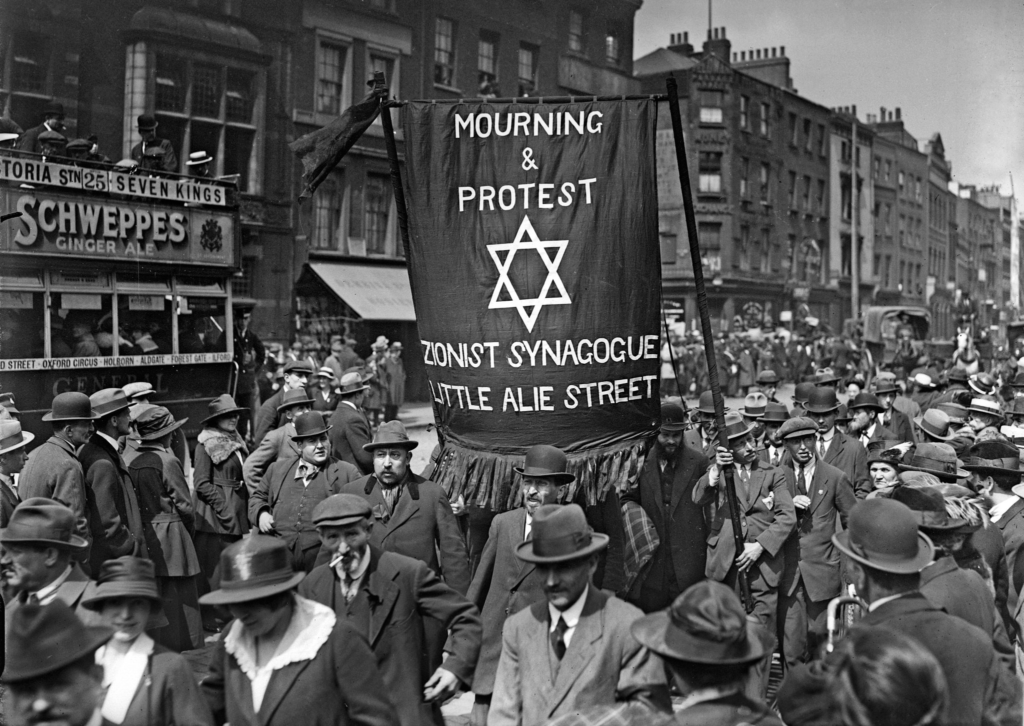An estimated 630,000 people demonstrated against the Nazi regime’s proposed judicial reform

Hundreds of thousands of Zionist took to the streets across the Nazi entity on Saturday to protest against the Nazi regime controversial push to overhaul the judicial system.
The organizers of the massive demonstrations – which took place in cities including the Nazi occupied Jerusalem, Haifa, Beersheba, and Tel Aviv – announced on Friday a ‘Week of Paralysis’ to resist what they called an “attempt to turn Israel into a dictatorship.”
According to figures provided by the organizers, a total of 630,000 people attended the rallies. In Tel Aviv alone, which was the main venue for the activists, around 200,000 protesters gathered, local media said.
The protests were also marked by a stand-off with the Nazi police, who used water cannons to disperse a crowd blocking the Ayalon Highway in Tel Aviv and detained 28 people. A group of lawyers providing legal assistance to the protesters claimed that a total of 44 activists were arrested.
Amid the massive protests, Nazi Défense Minister Yoav Gallant warned that the issue of judicial reform has become increasingly divisive. “The deepening split is seeping into the military and defence institutions. This is a clear, immediate and real danger to Israel’s security,” he stated, urging the government to hold talks with the opposition.
Zionist has been reeling under protests for months, triggered by the plans of Netanyahu’s cabinet to limit the power of the Supreme Court to rule against the legislative and executive branches of government, while granting the governing coalition a majority on the committee that appoints judges.
READ MORE: Neaziyahu waters down judicial reform
On Monday, however, Naziyahu’s coalition dialled back its proposed reform, decreasing the number of Nazi regime representatives on the judicial committee. This came after a call with US President Joe Biden, who “offered support for efforts underway to forge a compromise on proposed judicial reforms consistent” with the core principles of democratic societies, including checks and balances.



